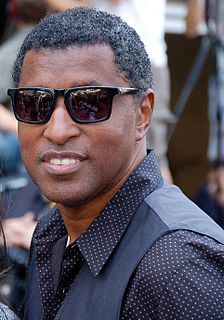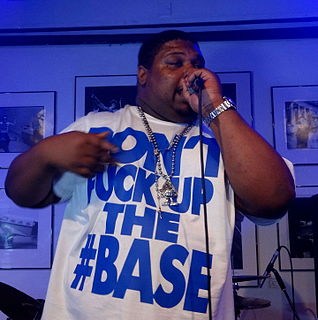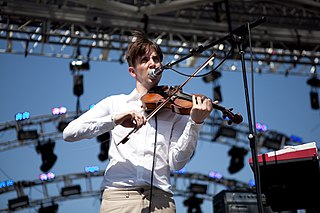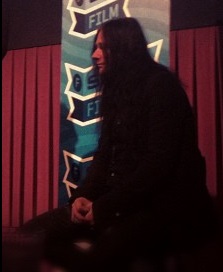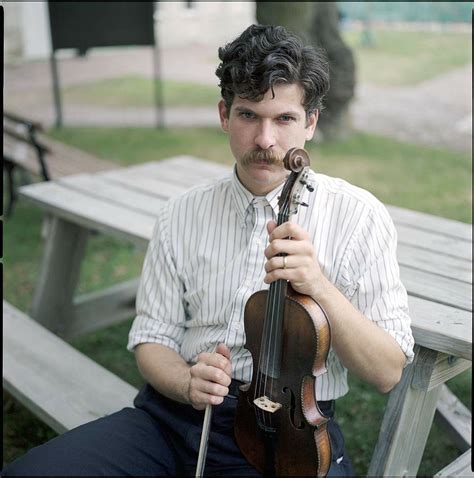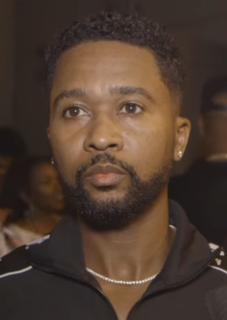A Quote by Al Walser
I have always made commercial music. The people who vote for the Grammy nominees are mostly in their 40s and have other jobs or are musicians themselves. They like music that they can relate to - they like commercial music.
Quote Topics
Related Quotes
I enjoy music that is commercial. I think that in order for music to be heard in a lot of different situations, you have to always consider that. Commercial music, for the most part, is popular music, and you always have to keep that in mind. It's not so much financial as making sure it gets the shot and is heard on the radio.
I know that my music is heard a lot in commercial circles. In academia, I think my music is taken in differently but I'm not sure why that is. Some kind of sixth sense tells me that people in that world are thinking differently about it. I don't know if it has to do with the structure of my music, which is probably more apparent to those in the academic world than it is in the commercial world, where people tend not to think of that aspect of music so much. They just listen for pure enjoyment.
I've always identified people's taste in music as being kind of hetero and/or homo - there's music people like because they feel like they have aesthetic similarity to it and the music they wish to create, and then there's music that represents the other, that they listen to because it represents an escape from the music that they have to make.
If you're making music, you must want to turn other people on to it, whether you're number one in the charts or number 60. I don't know, that's a commercial thing, but just the fact that other people like you... there's no point in making music, otherwise. Otherwise, you might as well make it in your bedroom and leave it there.
Guys like Future and me, we help create and shape the sound of music - not just Atlanta music, but music all over. If you really pay attention to the music being made, a lot of that is very heavily influenced by the stuff that we created. I listen to so many songs that's like, 'Damn, this sounds like my music!'
I'd rather call it "instrumental creative music," especially the music that I've been doing. If a person would hear that music, they would undoubtedly call it "jazz." There is this whole generation of musicians that are playing and thinking critically for themselves and making music that's relevant to today. I hope that's the objective of a lot of musicians.
I felt very proud to be part of a music scene that was changing the face of commercial music and rock music internationally, but I also felt like it was necessary for Soundgarden - as it was for all of these Seattle bands - to prove that we deserve to be on an international stage, and we weren't just part of a fad that was based on geography.

